
VGChartz's Top 50 Video Game Composers (15-11) - Article
by Taneli Palola , posted on 19 December 2019 / 5,611 ViewsWe're creeping ever closer to the top of our countdown, but before we get to the ten best video game composers of all time according to our community, we have five more spots to fill. First, however, here are a few more honourable mentions that just missed the list proper - by a single point no less.
Graeme Norgate
A composer best known for his work at Rare during the 90s on games like Goldeneye 007, Blast Corps and Killer Instinct among others. After leaving Rare he composed music for Free Radical Designs' Timesplitters trilogy, as well as the developer's less well-known game Second Sight. Once Free Radical went under he went on to work as the audio director for Crytek's Crysis games, and later served in the same role for Homefront: The Revolution. Here's 'Tempest City' from Blast Corps for an example of Norgate's work.
Masashi Hamauzu
Masashi Hamauzu is one of the many composers who made a name working for Squaresoft/Square Enix during the 90s and 2000s. He was hired for the developer by Nobuo Uematsu, with whom Hamauzu would work numerous times over the following years. At Square he composed music for games such Saga Frontier 2, Final Fantasy X, Dirge of Cerberus: Final Fantasy VII, and perhaps most notably Final Fantasy XIII. Hamauzu left Square-Enix in 2009, but has kept a close working relationship with the developer, while also working on various other projects as well. Interestingly, his daughter Ayane has also started working as a video game composer in recent years. Check out 'The Sunleth Waterscape' from Final Fantasy XIII for an example of Hamauzu's work.
Ben Prunty
Part of the younger generation of composers working in the industry today, Ben Prunty rose to prominence following the release of Subset Games' FTL: Faster Than Light in 2012. He has since worked on a number of different indie titles, including Subset Games' most recent release Into the Breach and the standalone expansion Below Zero for Subnautica. In addition he worked on the Celeste soundtrack, arranging some of the original music that was used for the B-side stages in the game. Have a listen at 'Last Stand' from FTL: Faster Than Light.
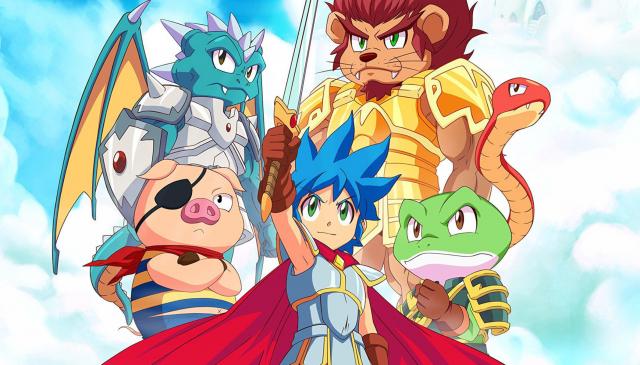
Now, let's continue the countdown with the next set of composers. If you missed any of the previous three parts you can find them here: 50–36, 35–21, 20–16.
#15
Yuzo Koshiro
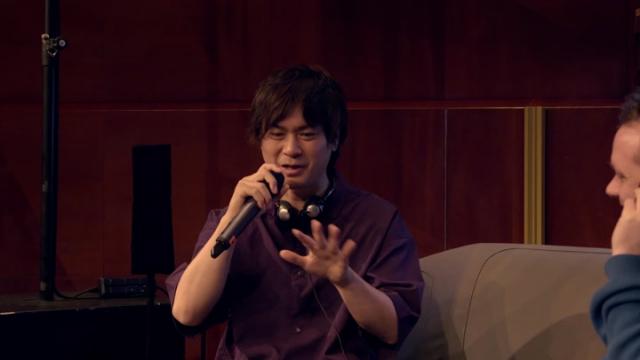
It wouldn't actually be much of an overstatement to say that Yuzo Koshiro counts as one of the most influential video game composers of all time. Specifically, his chiptune work during the late 80s and early 90s was considered to be well ahead of its time, and influenced numerous artists especially within the electronic music genre. Of course, Koshiro's career spans far beyond that as well, as he is still active in the industry today, over 30 years after his first video game project.
Koshiro joined Nihon Falcom as a composer in 1986 at the age of 18, where his most notable works included creating music for Ys 1 and II, as well as Legacy of the Wizard, a game in the long-running Dragon Slayer series. Koshiro didn't stay at Nihon Falcom for very long, leaving in 1988 and becoming a freelancer for the next couple of years. During this time he worked for a number of different companies, most notably composing music for Sega's Revenge of the Shinobi in 1989 and Enix's Actraiser in 1990.
That same year he would help found Ancient Corp., which has since helped in the development of numerous different games. In 1991 Koshiro composed music for the Master System version of Sonic the Hedgehog, and over the next several years he provided at least some of the music for Streets of Rage and its two sequels, Super Adventure Island, Actraiser 2 and Beyond Oasis, among various other titles throughout the 90s, finally ending the decade by composing music for Sega's massively hyped Dreamcast title Shenmue.
Since then Koshiro has composed music for over 60 different video games, both big and small. These include the likes of Shenmue II, the Etrian Odyssey series, Half-Minute Hero, Kid Icarus: Uprising, Monster Boy and the Cursed Kingdom, and the upcoming Streets of Rage 4. He has also provided arrangements of other people's work for the last three Super Smash Bros. games.
Yuzo Koshiro established his legacy as an excellent composer all the way back in the 1980s and 90s, but he has remained one of the most prolific and hardworking people in the industry to this very day, routinely working on at least three different video games every single year. And yet, the quality of his work has never suffered as a result of this hectic work schedule - a testament to the amount of talent he possesses.
#14
Martin O'Donnell
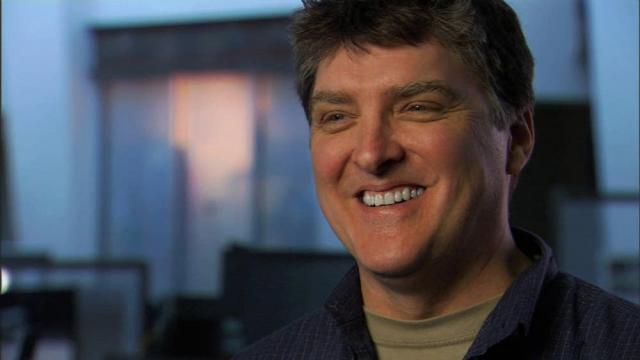
There are quite a few composers whose entire careers are intrinsically linked with a specific series of video games, even if throughout their careers they may have worked on various other video game projects as well. One of those composers is without question Martin O'Donnell, whose work in Bungie's Halo series will most likely forever be the one thing most people known him for, even though his career spans far beyond that franchise both before and after his departure from Bungie.
O'Donnell first became aware of the possibilities video games presented to him as a composer when he heard the score for Myst in 1993, but it wasn't until 1997 that he actually became involved in the video game industry, working as a sound designer on Riven, the sequel to Myst. It would be that same year that his first project as a composer saw the light of day. O'Donnell had contacted Bungie for a potential job after he got a chance to play Marathon, one of the developer's titles.
His first project with Bungie was Myth: The Fallan Lords in 1997, and the following year saw the release of Myth II, which also featured O'Donnell's music. These two games served as the beginning of an almost two decades long working relationship between Bungie and O'Donnell, and he officially joined to developer in 1999, mere weeks before the company was bought up by Microsoft. The developer's next game was called Oni, the last Bungie title to be released before the developer became exclusive to Microsoft's platforms.
The next game O'Donnell composed music for was Halo: Combat Evolved, which he once again worked on with Michael Salvatori, who has to this day co-composed most of the soundtracks O'Donnell has worked on since 1997. Over the next decade and a half O'Donnell worked on the music for every Bungie-developed Halo game, and he had begun working on the score for Destiny when, in April 2014, he announced via Twitter that he had been fired from his position at the company. Destiny remains the last game he worked on for Bungie.
Following the unamicable split between Bungie and O'Donnell he went on to found a new development studio called Highwire Games. The studio's first game, called Golem, was released just a month ago on VR. Over the last 22 years Martin O'Donnell has not only created some of the most iconic pieces of video game music of all time, but has created a number of the best video game scores of the last two decades as well. Despite beginning his career as a video game composer relatively late in life he has done an exceptional job.
#13
Kenji Yamamoto
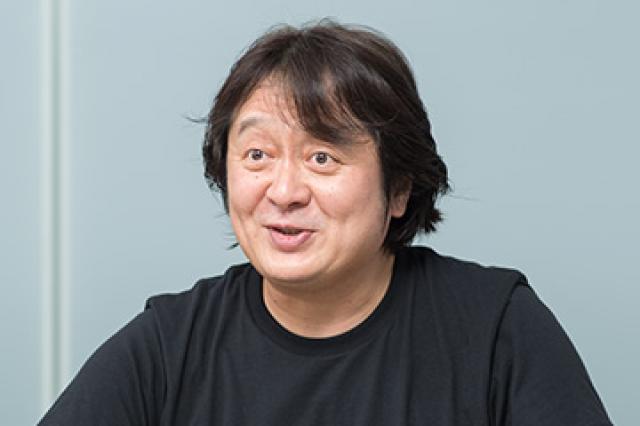
Throughout the history of video games many composers have quietly made the transition to other roles in game development, often becoming sound or music directors supervising other peoples' work. One of those who made this transition is Kenji Yamamoto, who began and spent the first 23 years of his video game career mostly as a composer, but who has spent the last decade working in various executive roles in the sound and music departments of various projects at Nintendo.
Yamamoto got his start at Nintendo in 1987, composing some of the music for the NES classic Mike Tyson's Punch-Out. His next project was co-composing the soundtrack to Famicom Wars alongside Hirokazu Tanaka. It was the first game in the series that you likely know better as Advance Wars. His first solo score was for the Game Boy title Radar Mission in 1990, but it was his work in the only SNES game he ever created music for that catapulted his career to greater heights.
That game was Super Metroid, released in 1994 for the SNES, and it quickly became one of the most beloved Nintendo games ever created, and featured some of the best music on the console as a whole. Over the next few years Yamamoto worked on a few low profile releases, including Galactic Pinball for the Virtual Boy in 1995. His first major project following Super Metroid turned out to be Mario Kart: Super Circuit in 2001, though he didn't actually compose music for it.
Then, in 2002, Yamamoto returned to the series that originally made him famous when he, alongside Kouichi Kyuma, composed the soundtrack for Retro Studios' Metroid Prime, and that same year he worked as the sound director on Metroid Fusion. Over the next several years Yamamoto composed music almost exclusively for the Metroid series. These included Metroid: Zero Mission, Metroid Prime 2: Echoes, Metroid Prime Pinball, and Metroid Prime 3: Corruption. The only other games he composed music around this period were Excite Truck and its sequel Excitebots: Trick Racing.
In 2010 we saw the release of Donkey Kong Country Returns, which is to date the last project Yamamoto composed music for. Since then he has worked on various projects as sound director, music supervisor, or in other similar roles. Regardless of whether he ever composes music for another video game or not, Yamamoto has long since established himself as one of the best game composers of all time.
#12
Grant Kirkhope
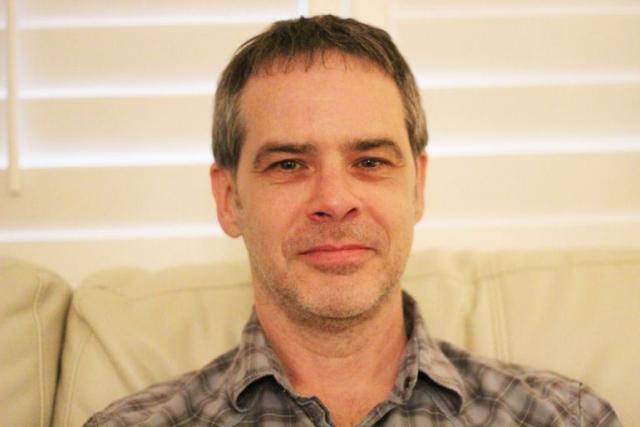
Grant Kirkhope is the second composer on this list best known for his work at Rare during the 90s and 2000s, having composed music for many of the developer's best and most beloved games. However, he has also had an extensive career in video game music outside of Rare that many people might not be as well aware of, which is definitely a shame as some of his best scores can be found in those other games.
Kirkhope joined Rare in the mid 90s, first serving as one of the performers on the soundtrack for Killer Instinct 2 and then converting David Wise's original music from Donkey Kong Country 2 to Donkey Kong Land 2. The first project that he composed his own original music for was Goldeneye 007 in 1997, alongside Graeme Norgate and Robin Beanland. This was then followed by a pair of solo scores in Banjo-Kazooie and Donkey Kong 64. For much of the 2000s he remained one of Rare's main composers, working on the music for Perfect Dark, Banjo-Tooie, Star Fox Adventures, and Viva Piñata, among a few others.
His last work at Rare turned out to be 2008's Banjo-Kazooie: Nuts and Bolts, after which he left the developer and became a freelancer. Partly due to this it wasn't until the release of Kingdoms of Amalur: Reckoning in 2012 that another game featured his music, but since then he has composed music for at least one new game every year, ranging from small profile mobile games to highly anticipated console releases.
The most notable projects Kirkhope has worked on over the last seven years are Civilization: Beyond Earth in 2014, Mario + Rabbids Kingdom Battle, A Hat in Time, Tangledeep and Yooka-Laylee in 2017, as well as Yooka-Laylee and the Impossible Lair in 2018. That same year he also provided an arrangement of one of his themes from Banjo-Kazooie for Super Smash Bros. Ultimate. In general, he has kept busy throughout the last decade working on games for both small indie developers and big AAA publishers.
As far as composers who made their name working at Rare during the developer's heyday are concerned, Kirkhope has probably had the most extensive career since leaving the company. Others with a similar background are certainly still working within the industry, but none have been quite as prolific as he has. However, despite all that, there is still one more Rare composer to come later on in this countdown, but more on him later.
#11
Keiichi Okabe
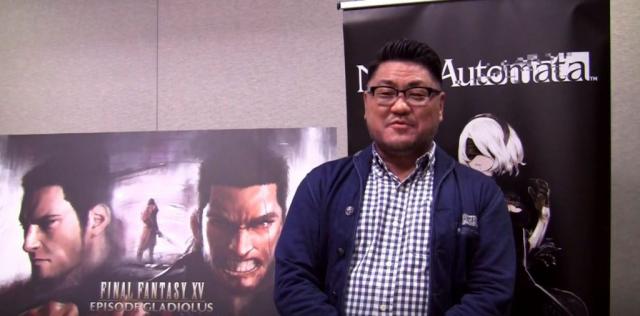
It's interesting that a composer as talented as Keiichi Okabe, who has worked in the video game industry for over 25 years for a variety of different developers, only really found wider recognition at the tail-end of the 2010s. During his career Okabe has composed music for and otherwise worked on games made by Namco, Capcom, Square Enix, and Nintendo, and yet it wasn't until the last few years that his work began to gain recognition beyond fans of the particular games he previously worked on.
Okabe began working in Namco's sound department in 1994, with his first credited work appearing in Ridge Racer, but it wasn't until 1997 and the release of Tekken 3 that his music was first featured in a video game. Over the next several years he composed music for Tekken Tag Tournament, Glass Rose, and Alpine Racer 3, in addition to working as a sound designer on various other games. The Tekken games in particular have often featured him in some role over the years, with Tekken 7 for example featuring his music.
He also composed some of the music for Beautiful Katamari and Katamari Forever in 2007 and 2009 respectively, but it was the 2010 release of Nier that served as perhaps the first proper introduction to Okabe's work for most people. In my opinion, alongside its sequel Automata, Nier contains one of the best video game soundtracks of all time, and much of that is thanks to Okabe.
Part of the reason why Okabe wasn't so well-known earlier in his career is because he isn't the most prolific composer around, generally composing music for a new video game once every two to three years. After Nier, for example, his next project was Demons' Score in 2012, followed by Drakengard 3 in 2014. However, it was undoubtedly his next major project, namely Nier: Automata, that most people these days know him for. This would mark his 4th project together with the game's director and writer Yoko Taro, and I wouldn't be surprised to see that particular collaboration continue in the future as well.
Despite the relatively small number of games Okabe has composed music for during his career, I'm not at all surprised by his high placement on this countdown, as the work he has done is stellar, almost without exception. The most obvious examples of his greatness are naturally the two Nier games, but the rest of his work is well worth listening to as well.
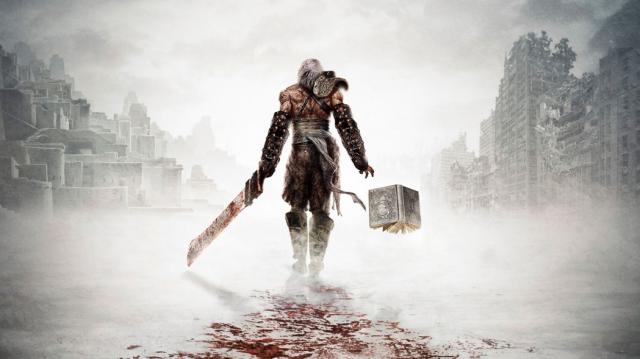
Only two parts remain now. Next time, we'll get started with the top 10 and talk about some of the very best video game composers of all time, as voted for by the VGChartz community.
More Articles
None of my people made this list today, but I am admiring their music anyway. I really love that music posted by Koshiro from Actraiser. I haven't played Actraiser since it first came out, but it was a great game.
The soundtrack to Super Metroid is a masterpiece! Every track fits perfectly with the areas you're exploring and it truly elevates the game as a whole.
Impossible Lair came out THIS year, 2019, not in 2018, the same can probably be said about Kirkhope's involvement with Smash Ultimate considering he worked on the remixes for Banjo who was a DLC fighter and the game released in December 2018









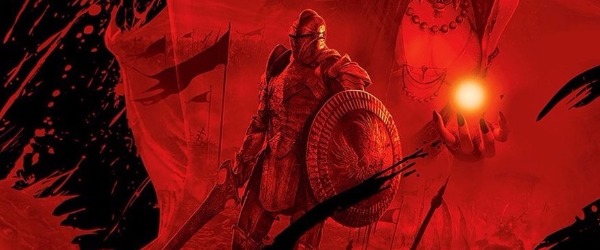
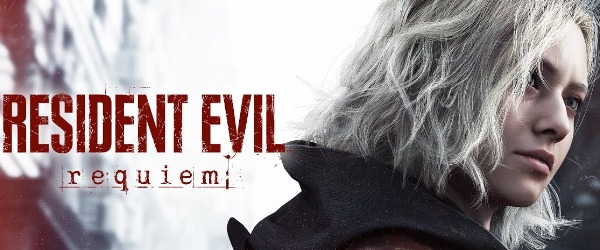
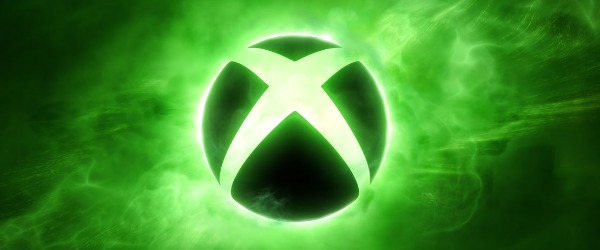












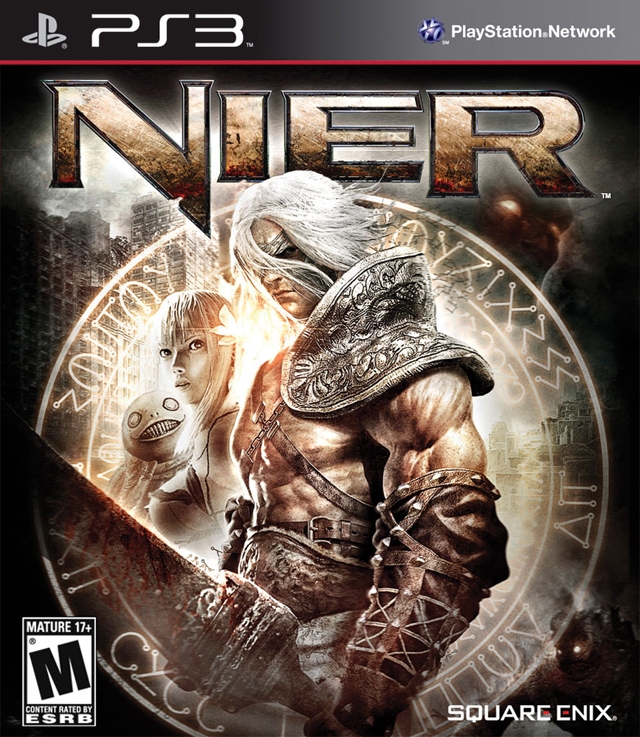

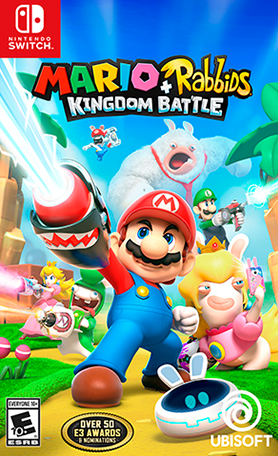


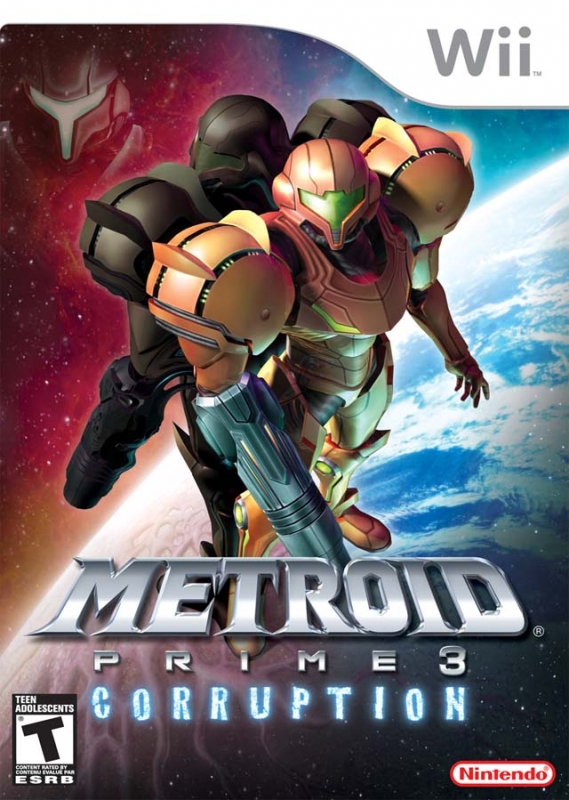



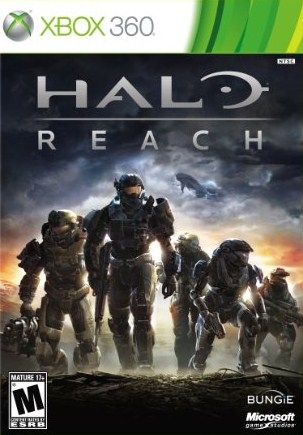



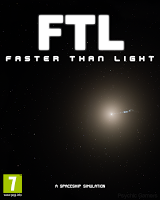

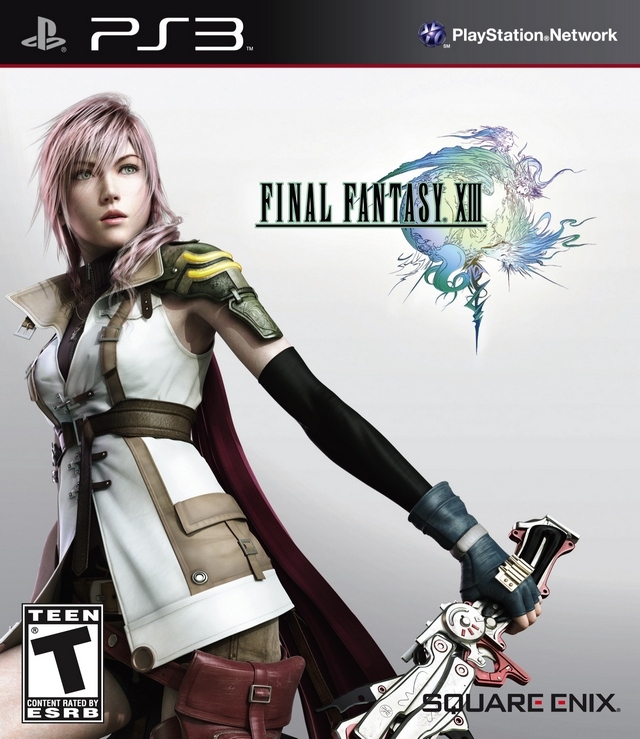
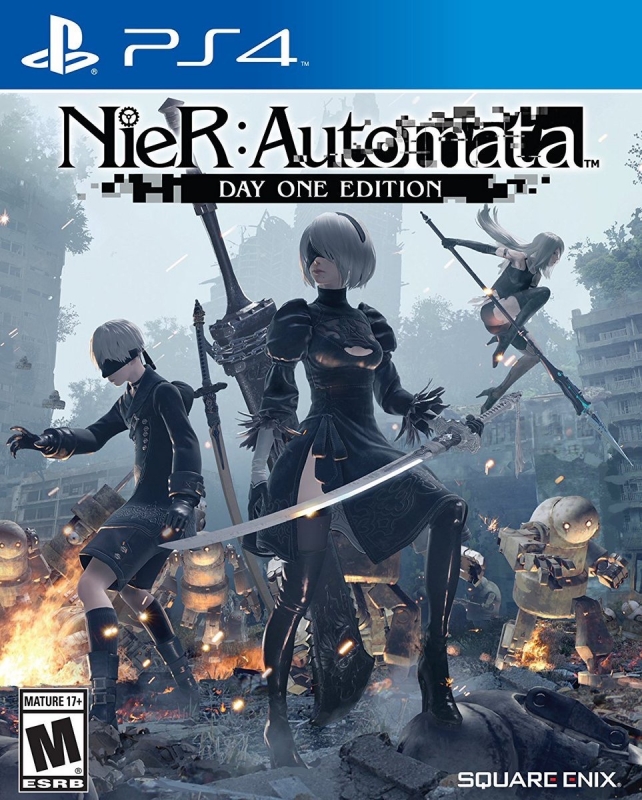

 Essay Pro
Essay Pro